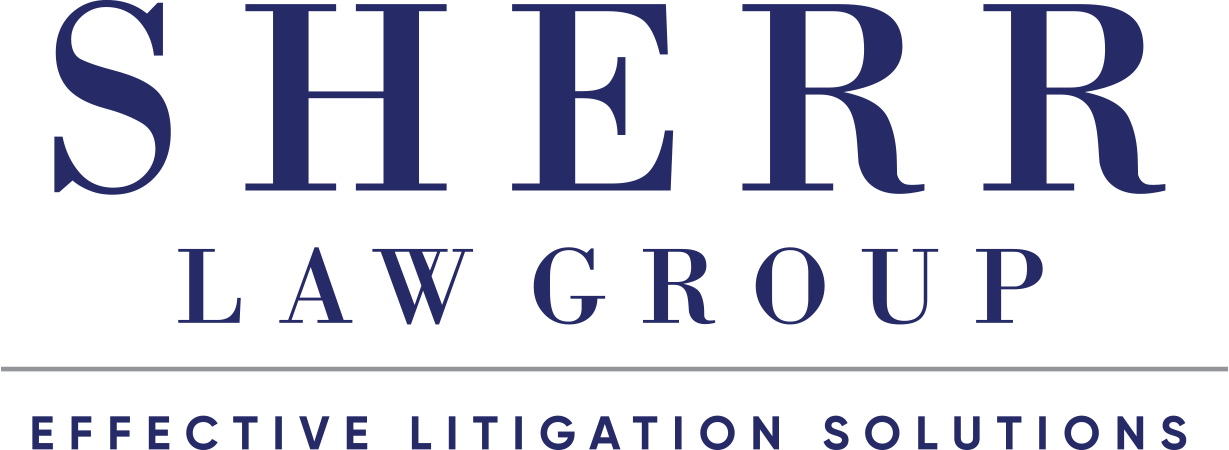If you’ve spent any time handling claims or overseeing risk management for an insurance company, you’ve inevitably faced insurance coverage disputes. Let’s be honest – they’re often complicated, frustrating, and resource-intensive. But what exactly causes these disputes, and more importantly, how can insurers effectively handle them?
Here’s a straightforward breakdown of the key issues driving insurance coverage disputes, along with some proven best practices from our experience in insurance defense law, for successfully navigating these often-tricky waters.
Key Issues in Insurance Coverage: Why Do Disputes Arise?
Understanding the root causes of insurance coverage disputes can significantly streamline your dispute resolution strategy. The most common disputes tend to arise from ambiguities in policy language, questions around exclusions, and disagreements about the scope of coverage.
Ambiguous policy language is a classic culprit. If policy wording isn’t crystal clear, different interpretations naturally arise and often lead to costly litigation. For instance, what exactly constitutes “property damage” or “reasonable care?” Clear, precise policy language minimizes these ambiguities and reduces exposure to unnecessary disputes.
Exclusions can also be contentious. Policyholders often challenge exclusions, arguing they’re overly broad or unfairly applied. It’s critical to ensure your policy documents explicitly define the scope of each exclusion, minimizing misunderstandings and potential litigation down the line.
Lastly, disputes over the extent of coverage frequently occur after significant loss events, like natural disasters or cyber breaches. Policyholders may assume broader coverage than intended, leading to disagreements about claim valuation and payouts.

Best Practices for Handling Insurance Disputes
How can your organization best handle insurance claim disputes resolution? Here are some proven, practical strategies to guide your approach:
Clear Communication from the Start
The foundation of resolving insurance disputes effectively begins with clear, consistent communication. Set realistic expectations with policyholders early, explain policy provisions clearly, and document interactions meticulously. Proactive communication significantly reduces the risk of misunderstandings escalating into disputes.
Prompt Investigation and Response
Quick and thorough claim investigations are essential. Delays or incomplete assessments can aggravate policyholders and raise suspicions, fueling disputes. Efficient claims processing builds trust, reinforces your credibility, and helps prevent issues from escalating into formal litigation.
Effective Use of Alternative Dispute Resolution (ADR)
Insurance coverage litigation is costly, time-consuming, and unpredictable. Alternative dispute resolution methods, such as mediation and arbitration, can offer more predictable, cost-effective, and timely outcomes. Encouraging ADR early in the process can significantly reduce litigation costs and help preserve customer relationships.
Continuous Policy Review and Updates
Regularly reviewing and updating your policy documents isn’t just good practice; it’s essential for avoiding future disputes. Stay current with evolving laws, court rulings, and industry standards to ensure your policies remain precise and aligned with contemporary interpretations. Keeping policies updated reduces the likelihood of contentious claims and expensive litigation.
Navigating Insurance Coverage Litigation Effectively
Despite your best efforts, some disputes inevitably escalate into litigation. When this happens, it’s vital to have an effective strategy in place.
Engaging experienced insurance defense counsel early is key. Knowledgeable attorneys can accurately assess litigation risks, advise on strategic responses, and ensure your company’s interests are vigorously defended. Moreover, thorough record-keeping and documentation throughout the claim’s lifecycle are invaluable in litigation – strengthening your legal position and often influencing settlement negotiations positively.
Leveraging Legal Innovation to Manage Disputes
Today, insurers increasingly rely on legal technology to handle disputes efficiently. Digital litigation platforms, AI-powered analytics, and virtual document management systems simplify complex claim processes, enabling faster, smarter decision-making. Such tools help insurers identify potentially contentious claims early, manage documentation effectively, and streamline communication between legal teams and claims handlers.
Preparing Your Team for Effective Dispute Resolution
Equipping your team with the right skills and knowledge is another critical step. Regular training sessions on policy interpretation, dispute resolution techniques, and customer service can empower your claims professionals to confidently handle complex interactions and avoid escalation. Additionally, fostering a collaborative environment between claims personnel and legal teams helps ensure consistent messaging and unified approaches during disputes.
It’s also valuable to monitor industry trends and litigation outcomes closely. Understanding how courts interpret similar coverage disputes provides actionable insights that can inform your risk assessments and policy adjustments. Proactive internal communication about these insights ensures your organization remains aligned and well-prepared.
Documenting Lessons Learned for Continuous Improvement
Finally, establishing a culture of continuous learning is vital. After resolving significant disputes, conduct structured debriefings with your claims and legal teams. Discuss what went well and identify areas for improvement. This reflective practice helps pinpoint recurring issues, refine your internal processes, and strengthen your dispute prevention measures. By systematically documenting and applying these lessons, your organization can significantly enhance its dispute-handling capabilities over time.
Final Thoughts: Proactive Defense is the Best Defense
Insurance coverage disputes, while challenging, are manageable with the right approach. Proactive risk management, clear policy communication, timely responses, and effective use of ADR all play crucial roles in dispute resolution.
Are insurance coverage disputes becoming a recurring headache for your company? Contact Sherr Law Group today to discuss tailored strategies that streamline dispute resolution, strengthen your defense, and protect your company’s bottom line. Our experienced insurance defense attorneys are ready to partner with you – because proactive preparation today means fewer headaches and better outcomes tomorrow.



